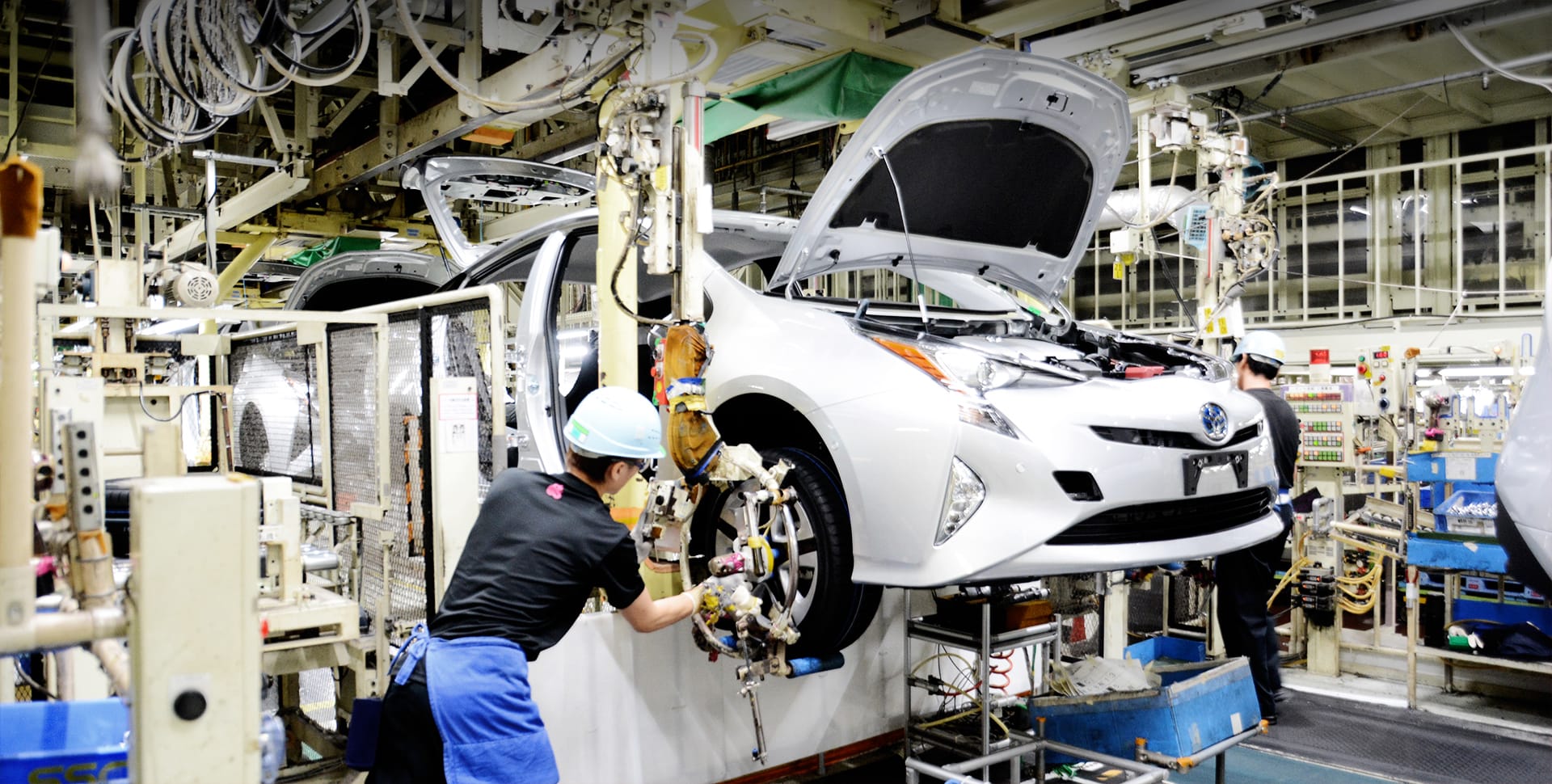
- Industries that depend on repetitive tasks or manual labor, like manufacturing, retail, and logistics, face the greatest job losses due to AI automation
- AI is also disrupting knowledge-based sectors such as financial services, customer service, media, and healthcare administration by replacing human roles with faster, data-driven systems
- Mitigation strategies include reskilling, emphasizing creativity and emotional intelligence, and integrating AI to augment—not replace—human labor
Artificial intelligence is reshaping the global labor market by automating roles across a broad range of industries. Those most vulnerable are sectors built on routine, repetitive, or low-skilled tasks—especially in manufacturing, where robotics have replaced human labor in assembly, welding, and painting. AI provides higher speed, precision, and scalability, making it far more efficient than human workers for many of these roles. Similarly, retail jobs such as cashiers and stock clerks are being replaced by AI tools for inventory management, predictive analytics, and self-checkout systems, especially as online shopping continues to dominate.
The transportation and logistics sector is undergoing rapid AI-driven change as well, with autonomous vehicles, drones, and predictive routing threatening jobs like drivers, warehouse staff, and couriers. In financial services, AI tools such as robo-advisors, fraud detection systems, and algorithmic trading platforms are diminishing the need for analysts, traders, and lower-level advisors. Customer service, another major employment sector, is also being transformed as AI-powered chatbots and virtual assistants provide scalable, 24/7 support with consistent quality and faster resolution, reducing the need for large human support teams.
Even fields requiring specialized knowledge are not immune. Administrative roles in healthcare, such as billing and scheduling, are increasingly handled by AI-integrated systems that reduce errors and costs. In journalism, AI can generate articles and analyze audience data, shrinking demand for human writers. Real estate is seeing a shift through AI tools that manage valuations, virtual tours, and marketing, reducing reliance on traditional agents. Education is also being affected, with AI systems managing basic instruction, grading, and student feedback, potentially replacing roles focused on repetitive teaching tasks.
Despite these disruptions, the article emphasizes that AI’s rise presents an opportunity for adaptation. Businesses can deploy AI in ways that enhance rather than replace human work, while workers can prepare by acquiring new skills in areas like programming, data literacy, and critical thinking. Jobs emphasizing creativity, empathy, and complex decision-making are far less likely to be automated. Governments also have a role to play in providing retraining programs and social support. Ultimately, while AI may eliminate some jobs, it can also catalyze a transformation like work if workers, businesses, and policymakers are prepared.


Leave a Reply
You must be logged in to post a comment.